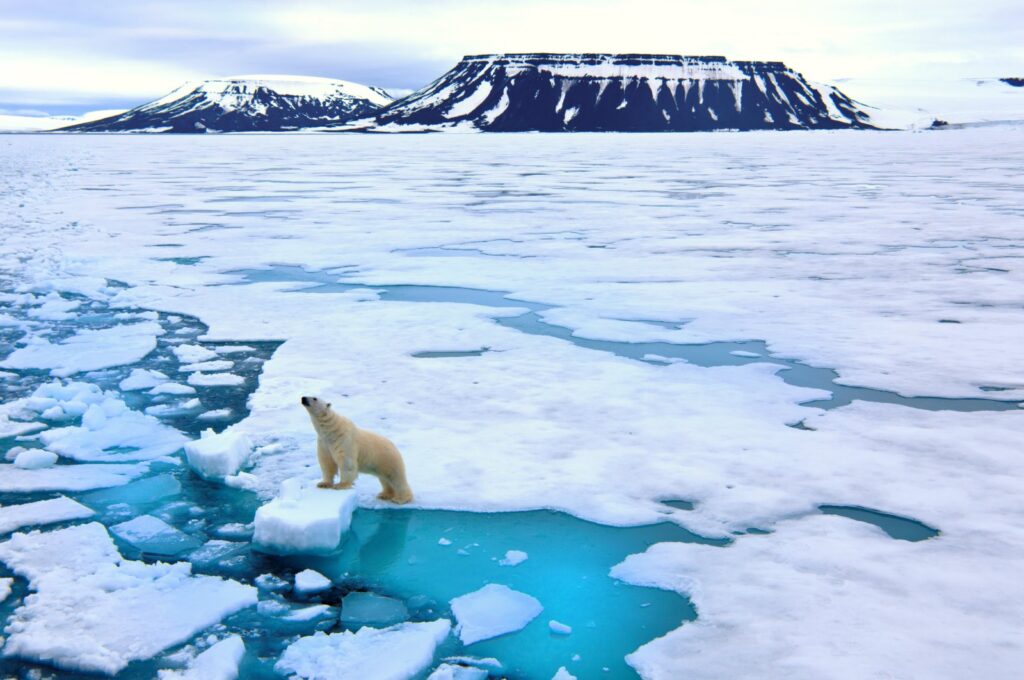
Each day, our actions impact on the environment, shaping marine habitats and ecosystems that countless species depend on for their survival. From the bleaching of the Great Barrier Reef to melting polar ice caps, day by day human impact is driving significant changes in our natural world. In understanding such impacts, we can teach students how to protect the fragile ecosystems that sustain life on earth.
Australia’s Great Barrier Reef: A Unique Marine Habitat at Risk
Located along Australia’s northeast coast and spanning over 2,300 kilometres, The Great Barrier Reef, is one of the world’s most complex and diverse ecosystems. It is home to over 1,500 species of fish, 400 types of coral, and a diverse range of other marine creatures like sea turtles and dugongs. This beautiful and vibrant reef is an essential marine habitat that supports abundant marine life, protects Australia’s eastern coastlines from erosion, and contributes to global climate regulation.
However, this remarkable ecosystem is under threat due to human impact. Climate change, pollution, and overfishing are causing severe disruptions, including coral bleaching and the destruction of critical habitats. If we don’t act soon, the survival of the Great Barrier Reef’s diverse species—and the livelihoods of Australian communities that rely on it—will be at risk.
The Effect of Human Impact on Australian Marine Ecosystems – Coral Bleaching
Coral bleaching occurs due to rising ocean temperatures. Human Impact contributes to this climate change, as pollutants from vehicles and factories create an insulative layer in our atmosphere. Persistently warmer water temperatures cause corals to expel the algae that provide them with food and vibrant colours. Without these algae, corals become vulnerable and they eventually die, leaving behind a bleached, lifeless coral reef. Temperature rise isn’t the only problem—ocean acidification, driven by increased carbon dioxide levels, also weakens coral skeletons, making them more susceptible to damage.
Marine ecosystems are disrupted by the loss of coral reefs and this in turn harms local economies, including tourism and fishing industries that depend on these habitats for healthy fish stocks.
Polar Bears and Habitat Loss: The Impact of Melting Ice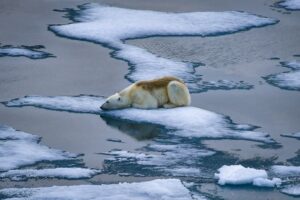
The melting of polar ice caps is one of the most visible effects of human impact. These ice caps provide critical habitat for polar bears, who rely on the sea ice for resting, hunting, and breeding. As ocean temperatures rise, polar bear’s ice habitat is rapidly disappearing, causing them to need to travel and swim longer distances to find food. This can lead to exhaustion and starvation.
This reduction in the volume of ice also brings polar bears into closer contact with humans as they search for food in populated areas inland, increasing the potential for conflict. If global temperatures continue to rise, polar bears and the Arctic ecosystem could be in jeopardy .
2025 has been named the UN International Year of Glacier’s Preservation. This is to highlight the importance of glaciers and the fact that they are disappearing at an alarming rate,
How Schools Can Help Protect Habitats and Ecosystems
At Ocean Life Education, we partner with Australian schools to teach students about the importance of protecting habitats and ecosystems. Human impact—such as plastic pollution, overfishing, and habitat destruction—can harm these ecosystems, but small changes in our daily lives can make a difference. Teaching students how to reduce waste, conserve energy, and support sustainable practices helps protect the ecosystems they rely on.
Find out about our Primary Habitats, Ecosystems, and Human Impact Incursions and incursions here.
The Role of Educators: Protecting Australia’s Ecosystems for Future Generations
As educators, we play a crucial role in inspiring the next generation of environmental stewards. By teaching students about the importance of habitats, the human impact on ecosystems, and ways to protect the environment, we can help ensure a sustainable future for Australia’s natural landscapes and marine life.
Together, we can make a difference! 🌊🐠💙
About Ocean Life Education
Ocean Life Education (OLE) is dedicated to raising awareness about the delicate balance of marine ecosystems and the growing threats they face. We offer interactive, curriculum-driven programs designed specifically for Australian primary schools. Through live marine animal encounters and immersive experiences, students learn about marine life, ecosystems, and the importance of conservation.
Our hands-on educational programs are designed to engage students of all ages and inspire a love of the ocean and its creatures. We bring the wonders of marine life directly into the classroom through mobile incursions, excursions, and special events across South East Queensland.
Find out about our Primary marine Habitats, Ecosystems, and Human Impact Incursions and Excursions here.
Resources and Further Reading
For more information about what we do, check out Ocean Life Education.
We hoped you enjoyed reading our blog: The Human Impact: How Our Actions Shape Marine Habitats and Ecosystems
Here’s a link to our other news


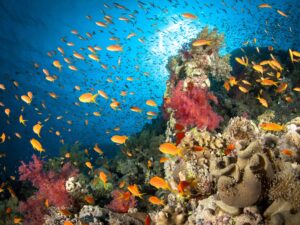
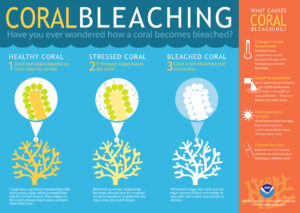
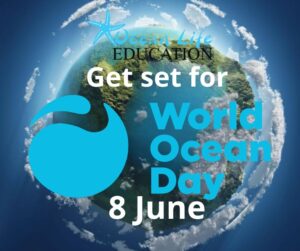
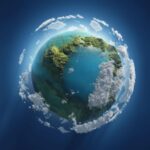 Let’s Talk about some Good News for a Start…
Let’s Talk about some Good News for a Start…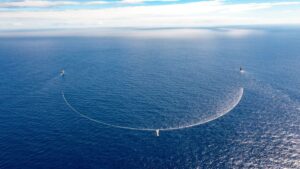 Positive News: The Ocean Cleanup’s Epic Win!
Positive News: The Ocean Cleanup’s Epic Win!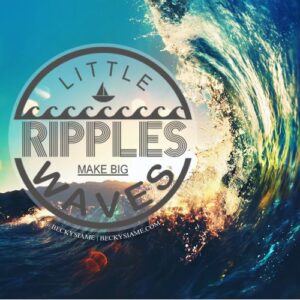
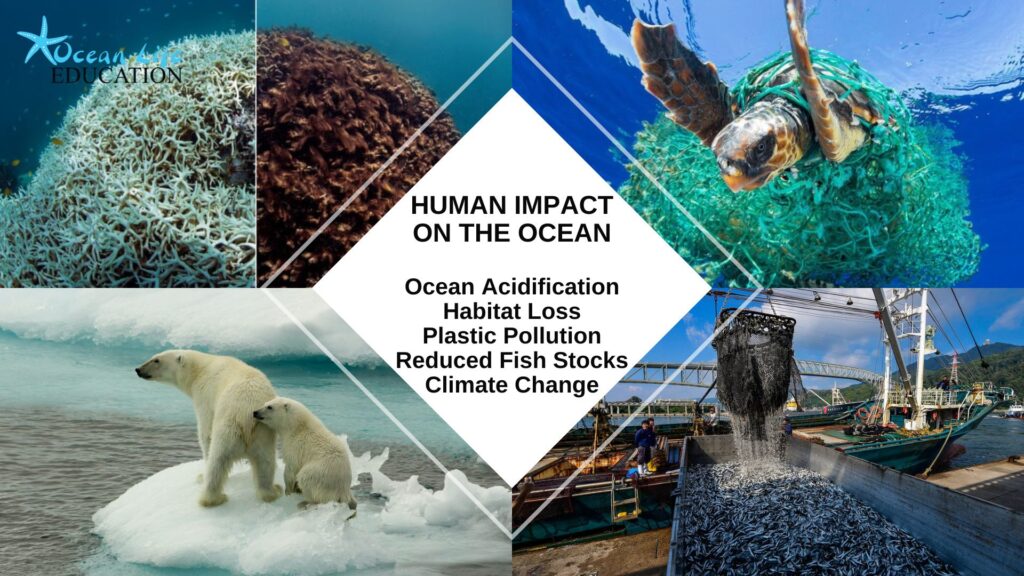
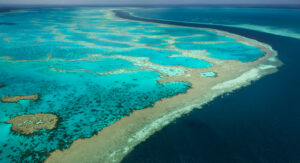 ecosystems. However, these environments are increasingly threatened by factors such as climate change, habitat destruction, and pollution. By educating students about human impact, we can empower them to appreciate and protect Australia’s natural heritage. This knowledge can inspire future generations to make eco-friendly choices and advocate for environmental conservation.
ecosystems. However, these environments are increasingly threatened by factors such as climate change, habitat destruction, and pollution. By educating students about human impact, we can empower them to appreciate and protect Australia’s natural heritage. This knowledge can inspire future generations to make eco-friendly choices and advocate for environmental conservation.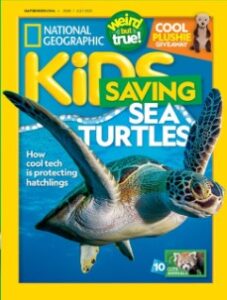
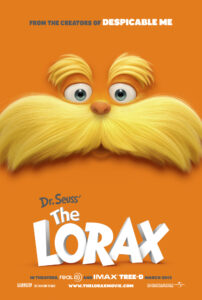
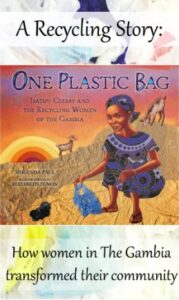 involvement in environmental conservation.
involvement in environmental conservation.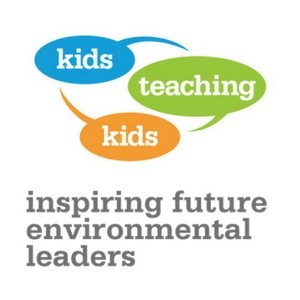 inquiry and environmental advocacy.
inquiry and environmental advocacy.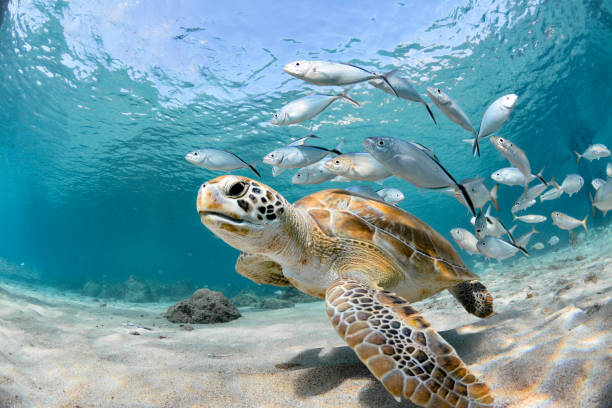
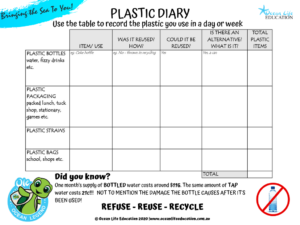 Help children understand the connection between their daily actions and the health of the ocean. Discuss activities such as plastic consumption, waste disposal, and carbon emissions. Engage them in thought-provoking discussions about how seemingly small choices can have significant consequences for marine ecosystems.
Help children understand the connection between their daily actions and the health of the ocean. Discuss activities such as plastic consumption, waste disposal, and carbon emissions. Engage them in thought-provoking discussions about how seemingly small choices can have significant consequences for marine ecosystems. 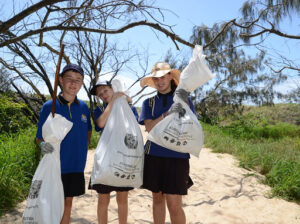 Explore the vibrant world of coral reefs and their vulnerability to climate change. Discuss coral bleaching and its connection to rising ocean temperatures. Encourage students to brainstorm ways to reduce their carbon footprint and advocate for sustainable practices.
Explore the vibrant world of coral reefs and their vulnerability to climate change. Discuss coral bleaching and its connection to rising ocean temperatures. Encourage students to brainstorm ways to reduce their carbon footprint and advocate for sustainable practices. 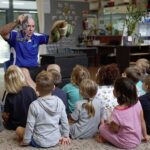 Why not book in one of our inspirational Ocean Life Education Programs or Events?
Why not book in one of our inspirational Ocean Life Education Programs or Events?